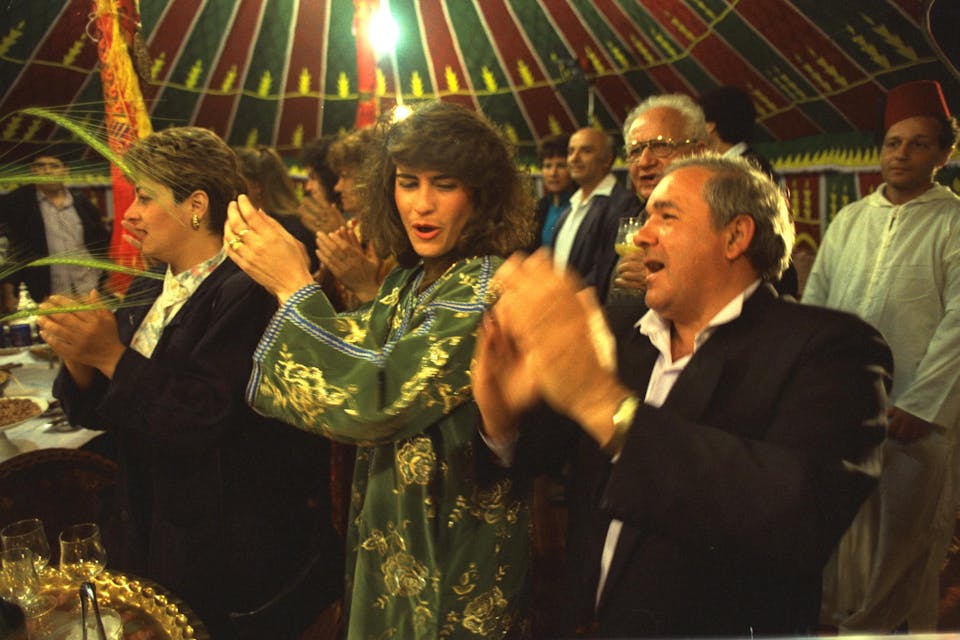
May 26, 2020
Sephardi Jewry’s Resurgent Cultural Confidence
The Zoom-seder ruling was intended to ease human suffering, but it was also, in effect, a maneuver for influence within the Sephardi rabbinate and a bid to resist historical forgetfulness.
Intellectual charity dictates that we try to understand the Zoom-seder ruling as did the rabbinic scholars who proffered it. Chaim Saiman’s essay, “In Rejecting the Zoom Seder, What Did Orthodox Jews Affirm?,” is a learned and thought-provoking response to that ruling, but because he misses the intra-Sephardi dynamics of Israeli Jewish life that animated the decision, his essay does not comprehend what the members of the Association of Scholars of the Maghreb in the Land of Israel thought they were doing. By grounding their decision in the legitimacy of North African tradition and by assuming that tradition’s relevance for the nation of Israel as a whole, the Zoom-seder ruling is an expression of the cultural confidence of a resurgent community.
To see how this is the case, let’s first look at Saiman’s analysis of the decision-making process. He argues that the “Maghrebi sages” relied on a “rejected lenient opinion” regarding the permissibility of electricity on holidays in order to allow the limited use of Zoom on Passover. In response, Israeli and American rabbis rallied “to protect and strengthen an ideal of the Sabbath’s holiness in the digital age” by standing athwart “our culture’s ubiquitous technology,” and, if not yelling stop, at least trying, “to protect people from the vertiginous speed of modern life itself.”
To begin with, the legal debate regarding the use of electricity on holidays has not simply “been resolved.” While stringent opinions are right now ascendant, the dispute remains alive. To cite one relatively recent example, after devoting a year to studying the subtleties of electricity with local experts, the Moroccan-born former chief rabbi of Netanya, David Ḥayyim Shloush (1920-2016), published a learned 40-page responsum in 2000 affirming the permissibility of electricity on holidays. That ruling reflected both the tenor of the Moroccan halakhic tradition and what is still practiced among North African Jews in Israel today, including some of my neighbors in the Negev town of Ofakim.
Responses to May ’s Essay
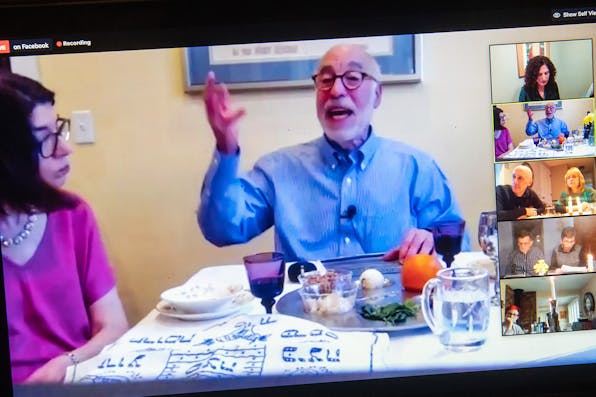
May 2020
Can the Zoom Seder Foster Faith?
By Shalom Carmy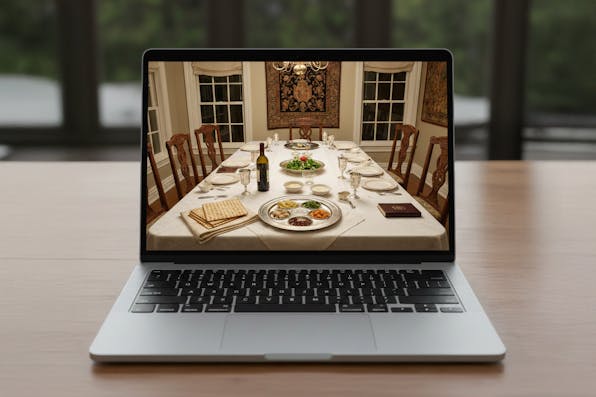
May 2020
Why Sephardi and Mizrahi Approaches to Jewish Law Were Friendlier to the Zoom Seder
By Daniel Bouskila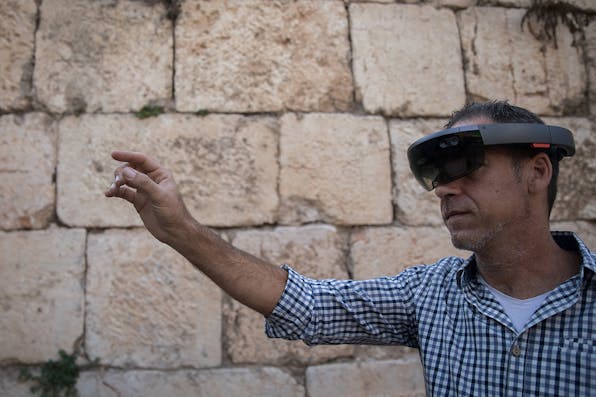
May 2020
Does Virtual Seeing Count as Seeing under Jewish Law?
By Shlomo Zuckier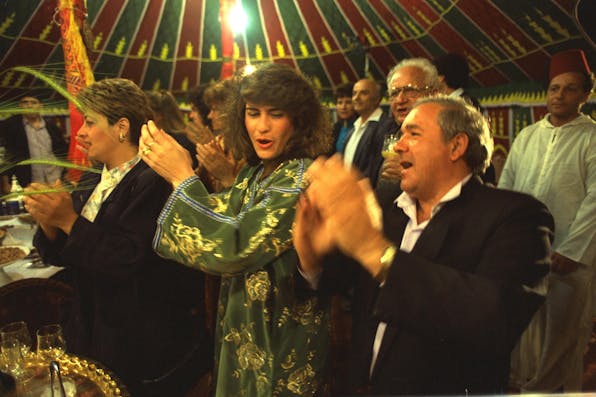
May 2020
Sephardi Jewry’s Resurgent Cultural Confidence
By Aryeh Tepper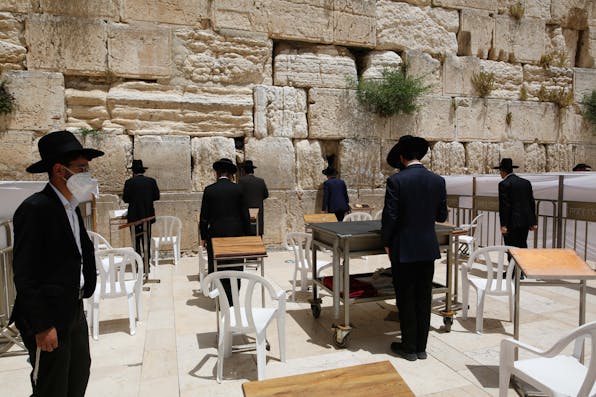
May 2020
The Zoom-Seder Ruling Reveals New Fractures and Coalitions in the World of Jewish Orthodoxy
By Chaim Saiman